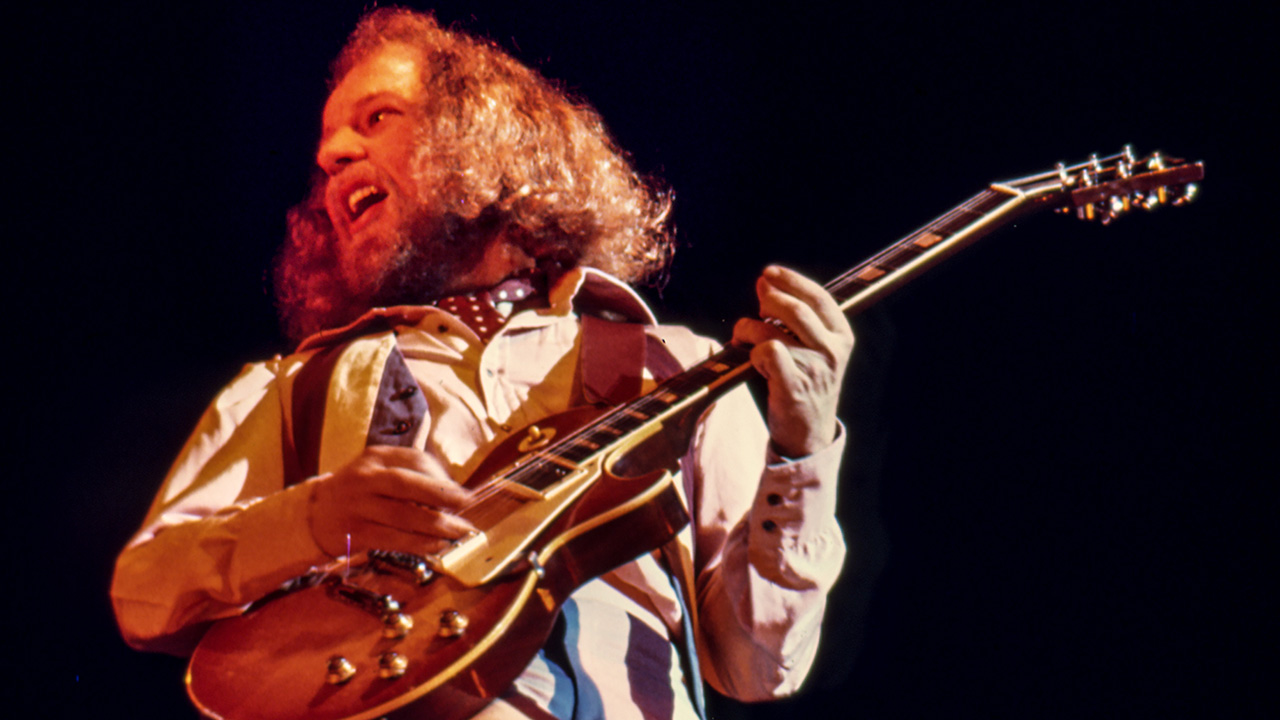You can trust Louder
Given the symphonic elegance of much of Robert Fripp’s Soundscapes work, it comes as a surprise to learn that The Wine Of Silence is his first album of orchestral arrangements. The story basically goes like this. In 2003 British composer and musicologist Andrew Keeling – an avid King Crimson fan who first wrote to Fripp around the time of In The Wake Of Poseidon – created and recorded a series of live pieces with Holland’s Metropole Orchestra, based on transcriptions of Fripp tunes by California Guitar Trio’s Bert Lams. Nearly a decade on, those tapes have now been treated by Fripp’s DGM label partner and co-producer David Singleton, under the guitarist’s own watchful eye.
So much for the gestation period, but is it any good? The answer, resoundingly, is yes. Taking its title from a typically gnomic Frippicism dating back to 1980, The Wine Of Silence is a stirringly emotive set that takes his original improvisations for guitar (which Fripp would then feed through a digital delay unit to build said Soundscapery) and transmutes them into the classical realm.
It might all appear a bit arty on paper, but the reality is often very beautiful and moving. Nothing quite illustrates this better than Miserere Mei, which amounts to 15 minutes of sombre, string-soaked majesty, complete with Gorecki harmonies and monastic incantations. Likewise, the similarly sized Requiescat is a stately procession of violins and cellos, rolling out over the ether and lofted heavenward by subtle fanfares of brass and a sumptuous choral arrangement.
The tone of the album is in the minimalist vein of Arvo Pärt and John Adams, though those familiar with Fripp’s Soundscaping collaborations with Porcupine Tree, Theo Travis or even King Crimson will feel his distinct imprint. There’s a resemblance to the restive tranquility of last year’s A Scarcity Of Miracles, Fripp’s three-way improv with sometime Crimson members Mel Collins and Jakko Jakszyk.
You could argue that Fripp’s recorded product has never been too far removed from the classical world anyway. Take early Crimson, for instance: distinctly un-rock time signatures, daring instrumentation, the idea of progressive music being an impressionistic suite of sounds rather than a series of loosely connected pop songs. The same curious artistic philosophy is at work here too.
For all the structural simplicity of the music, the moods are rich and varied. Sometimes, as on Black Light or Miserere Mei, it can get eerily disquieting and ominous. At others there’s a sense of gradual and sustained uplift. Gorgeous, in a word.
Sign up below to get the latest from Prog, plus exclusive special offers, direct to your inbox!
Freelance writer for Classic Rock since 2008, and sister title Prog since its inception in 2009. Regular contributor to Uncut magazine for over 20 years. Other clients include Word magazine, Record Collector, The Guardian, Sunday Times, The Telegraph and When Saturday Comes. Alongside Marc Riley, co-presenter of long-running A-Z Of David Bowie podcast. Also appears twice a week on Riley’s BBC6 radio show, rifling through old copies of the NME and Melody Maker in the Parallel Universe slot. Designed Aston Villa’s kit during a previous life as a sportswear designer. Geezer Butler told him he loved the all-black away strip.


